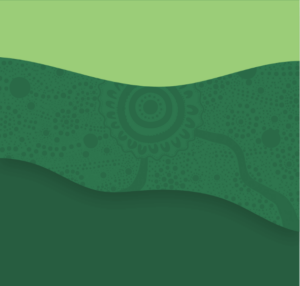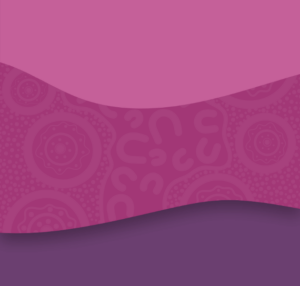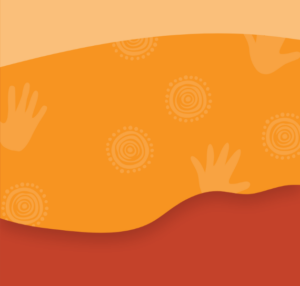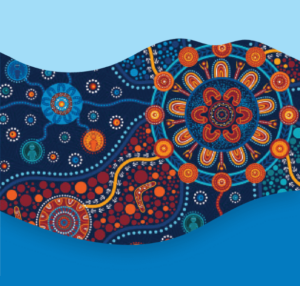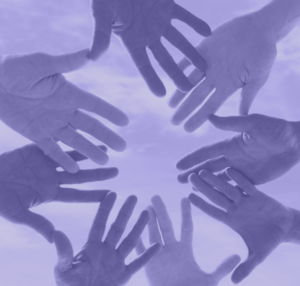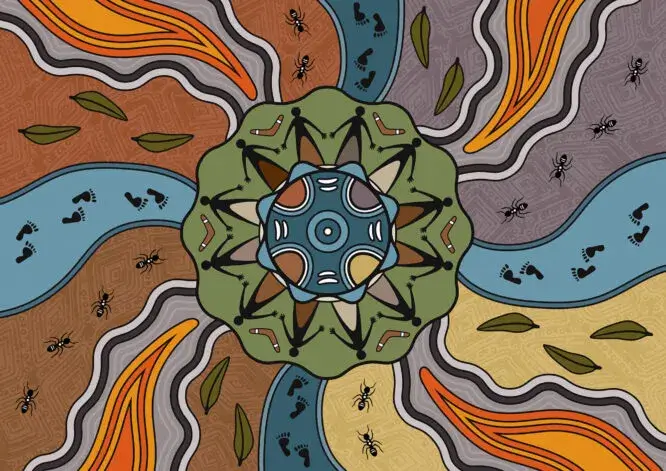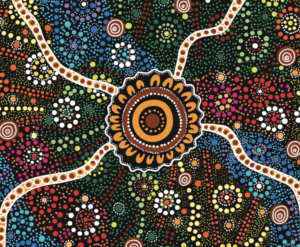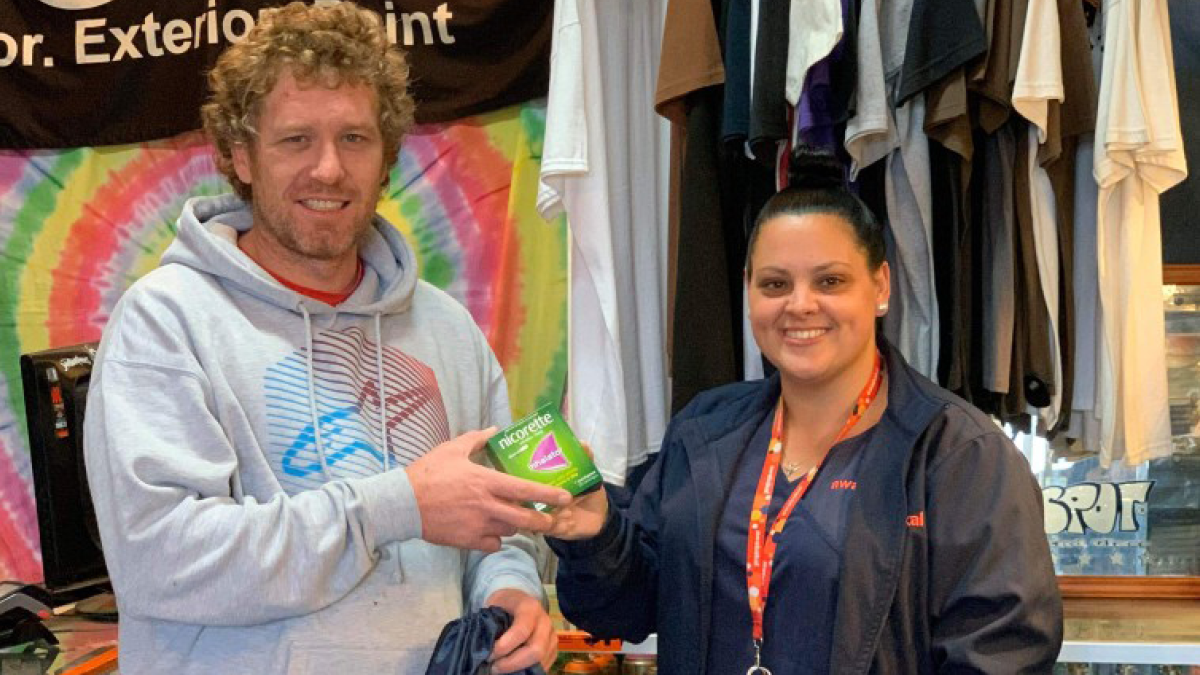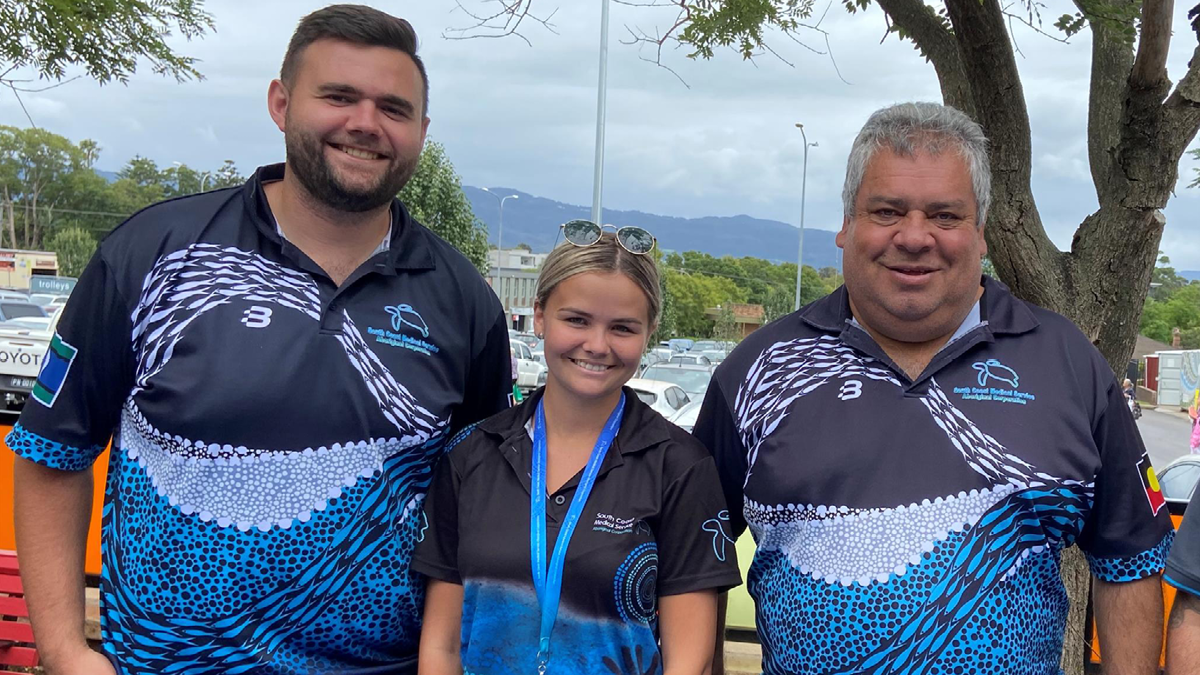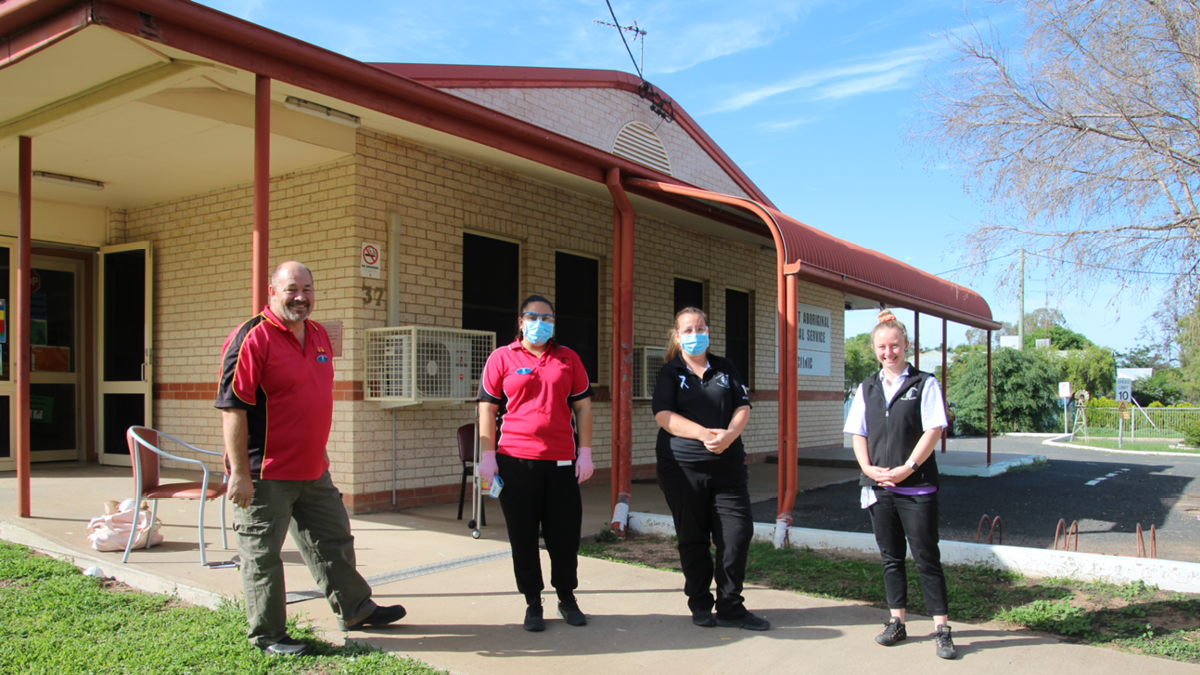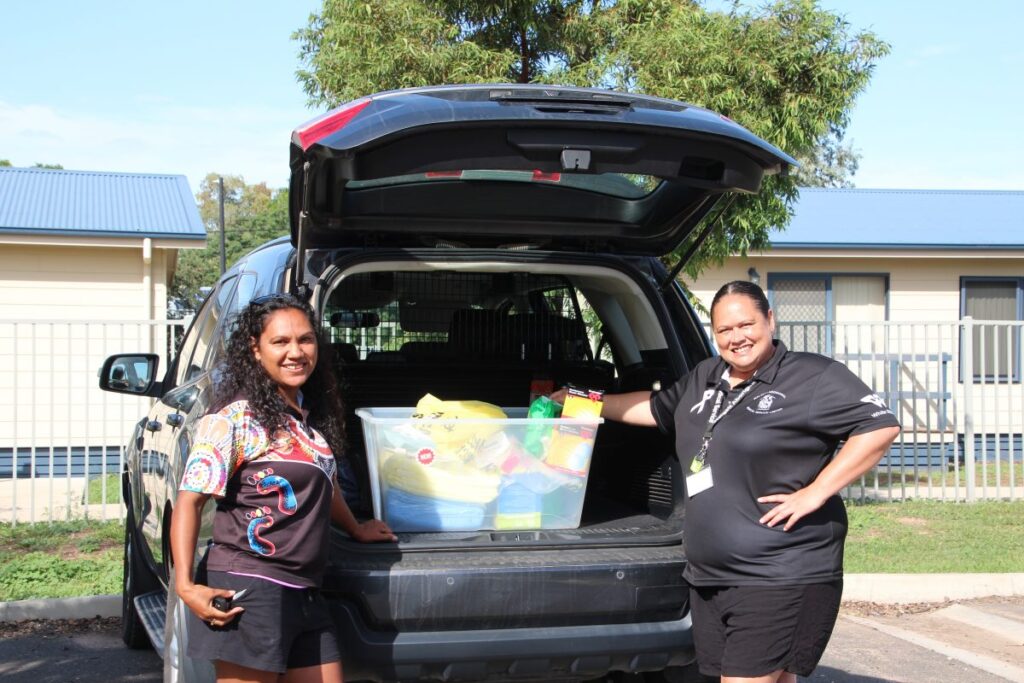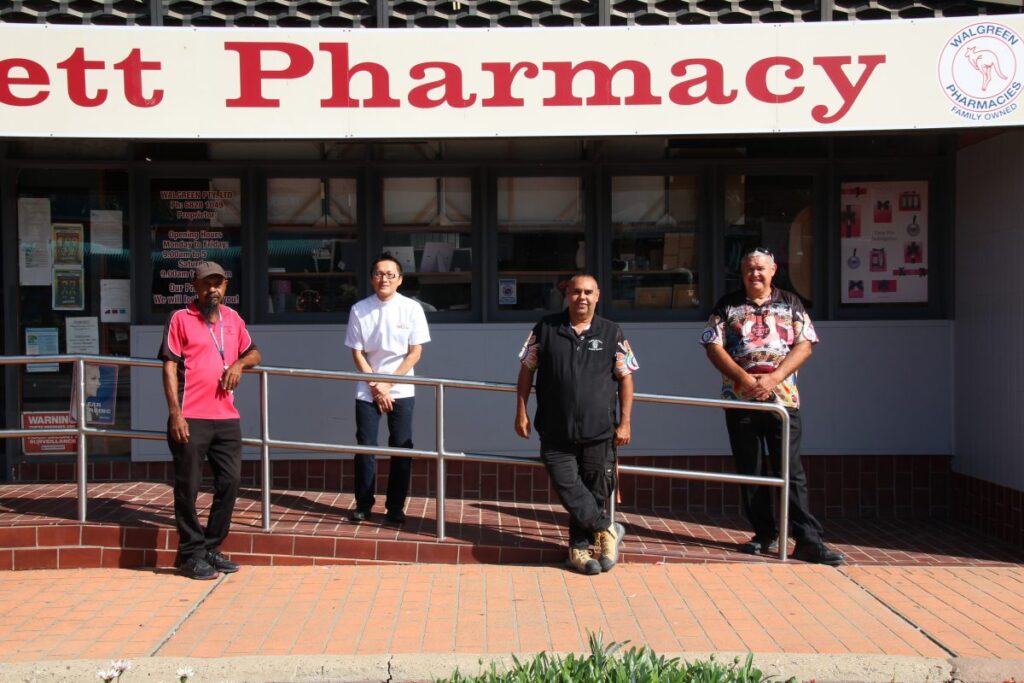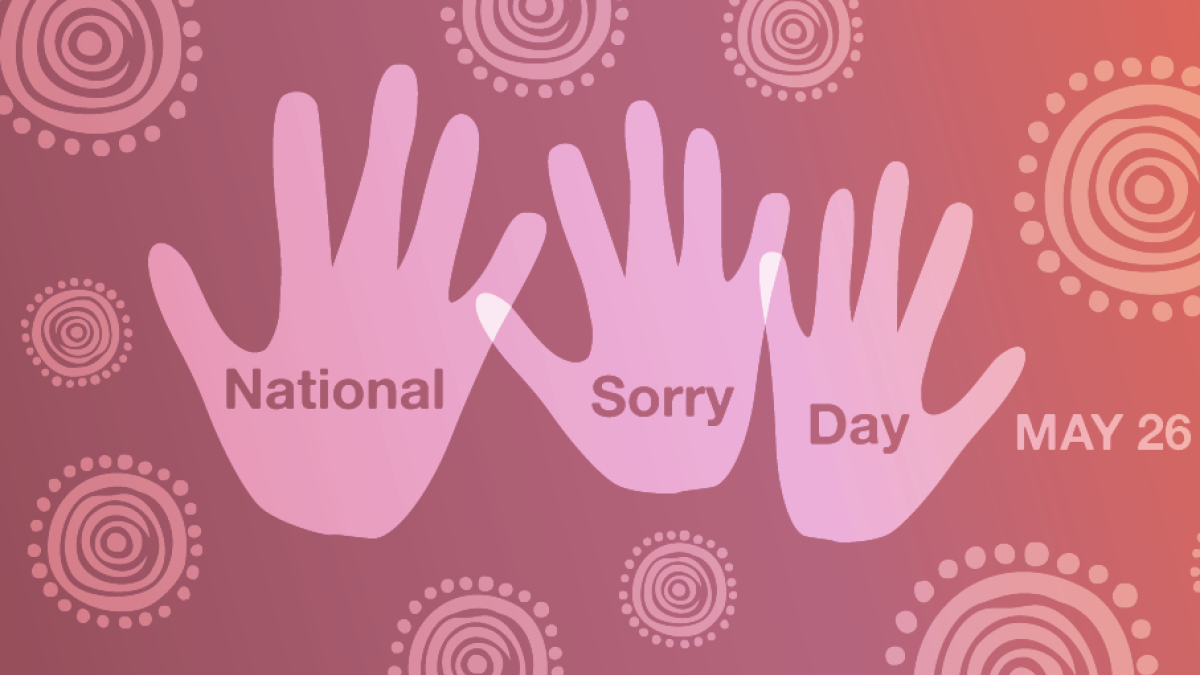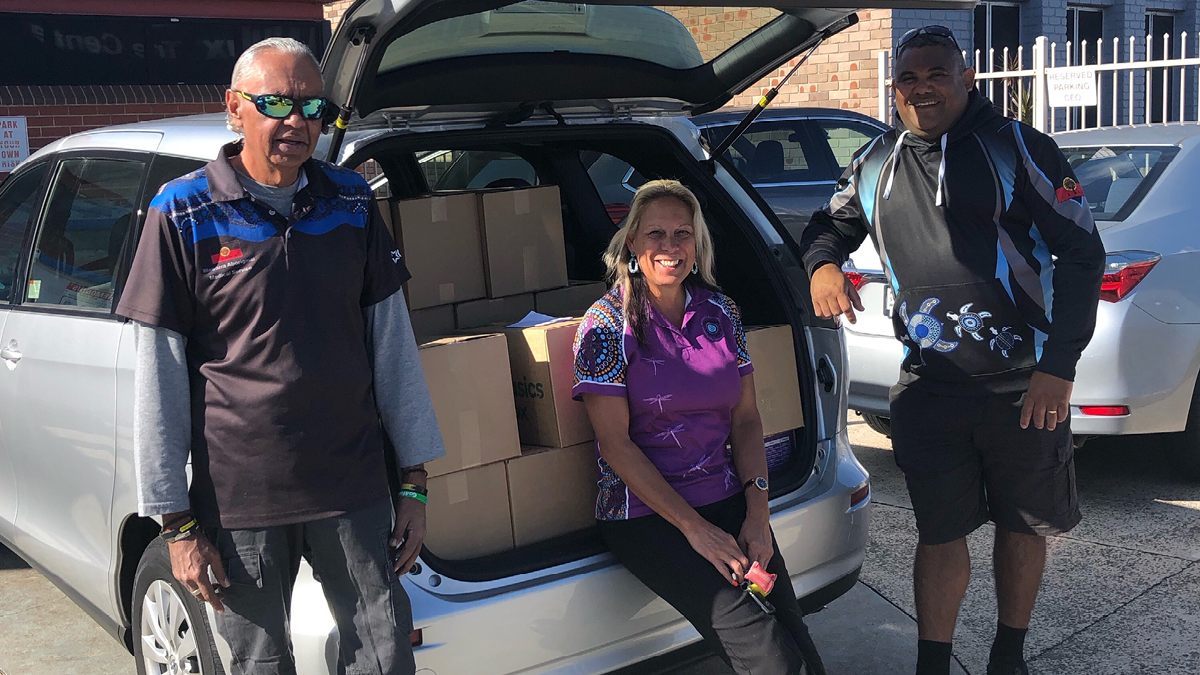COVID -19 certainly provided some challenges in the delivery of our programs and services. As more social distancing restrictions came into place to stop the spread of COVID-19, the more innovative we became in looking for ways to ensure our Community’s needs were met both medically and emotionally.
We thought about what had to change to stay open and keep our frontline healthcare workers and Community safe. Phone consultations and telehealth helped in providing our medical services, and local rapid response funds helped ensure our elderly, chronically ill and vulnerable people were able to access food and hygiene packs. Education and messages were provided for community to stay informed and safe.
Our transport team, and workers from some of our face to face community programs were redeployed to assist our GPs and other Awabakal staff to get medication to clients in need. This included Nicotine Replacement Therapy (NRT) to help Community members to quit. These staff helped fax scripts to chemists and did door drops at people’s homes, ensuring that social distancing was still being adhered to, while meeting community needs!
The TIS (Tackling Indigenous Smoking) Program moved to online engagement and education during COVID-19. Many smokers had concerns over their susceptibility to respiratory illnesses, and existing ailments caused through smoking. Smoking assessments completed by GPs, AHPs and the TIS team by telehealth provided options and alternatives.
Community members contacted us to seek help and access our Nicotine Replacement Therapy (NRT) products that are known to assist in reducing cravings and the overall process of quitting. Our drivers delivered the NRT when required and the TIS team, GPs and clinic staff all embraced the opportunity to encourage people to start their quit journey.
Thank you Team Awabakal for being resilient and adaptable in difficult times to help support our communities to quit smoking. This includes helping with deliveries that provided encouragement, support and physical resources (NRT and Quit Kit deliveries) for those wanting to make a better choice.
Changing the ways we work at Awabakal, has helped people to access what they need, provided ongoing work for staff to sustain their incomes, and provided an opportunity to visit and check-in on our Community and clients.
